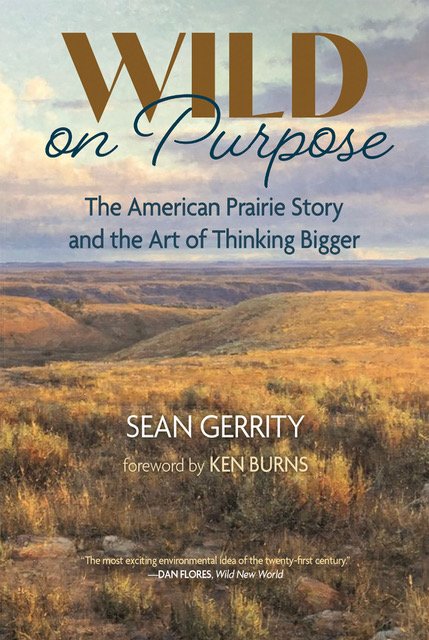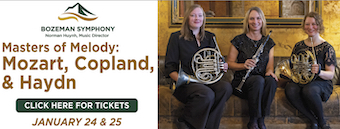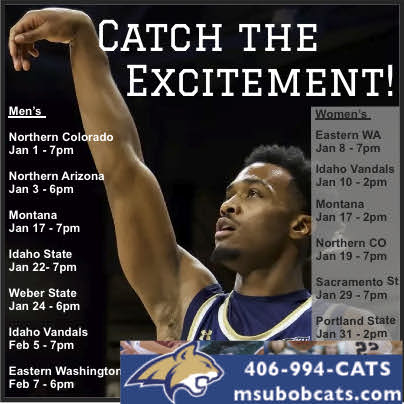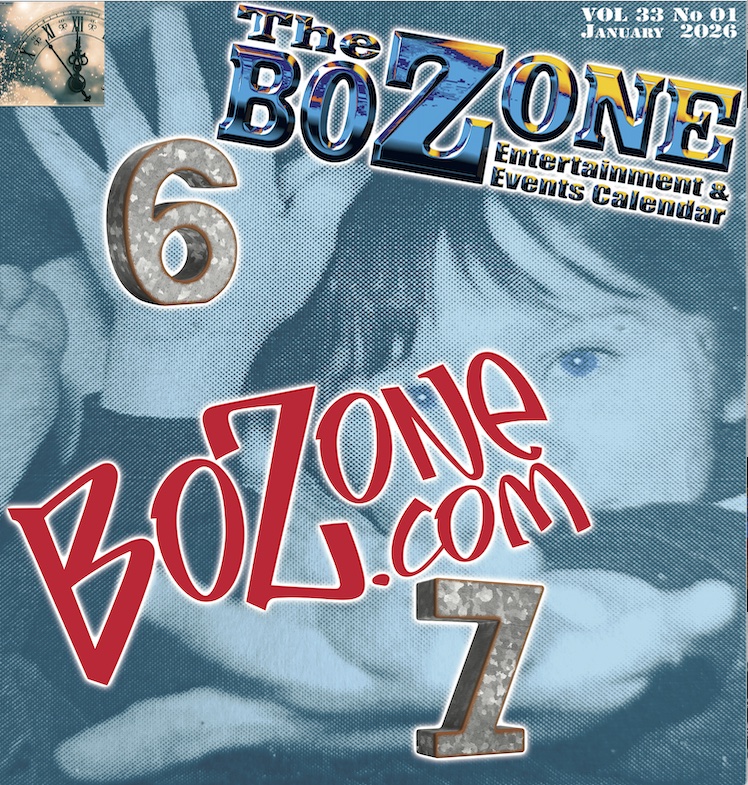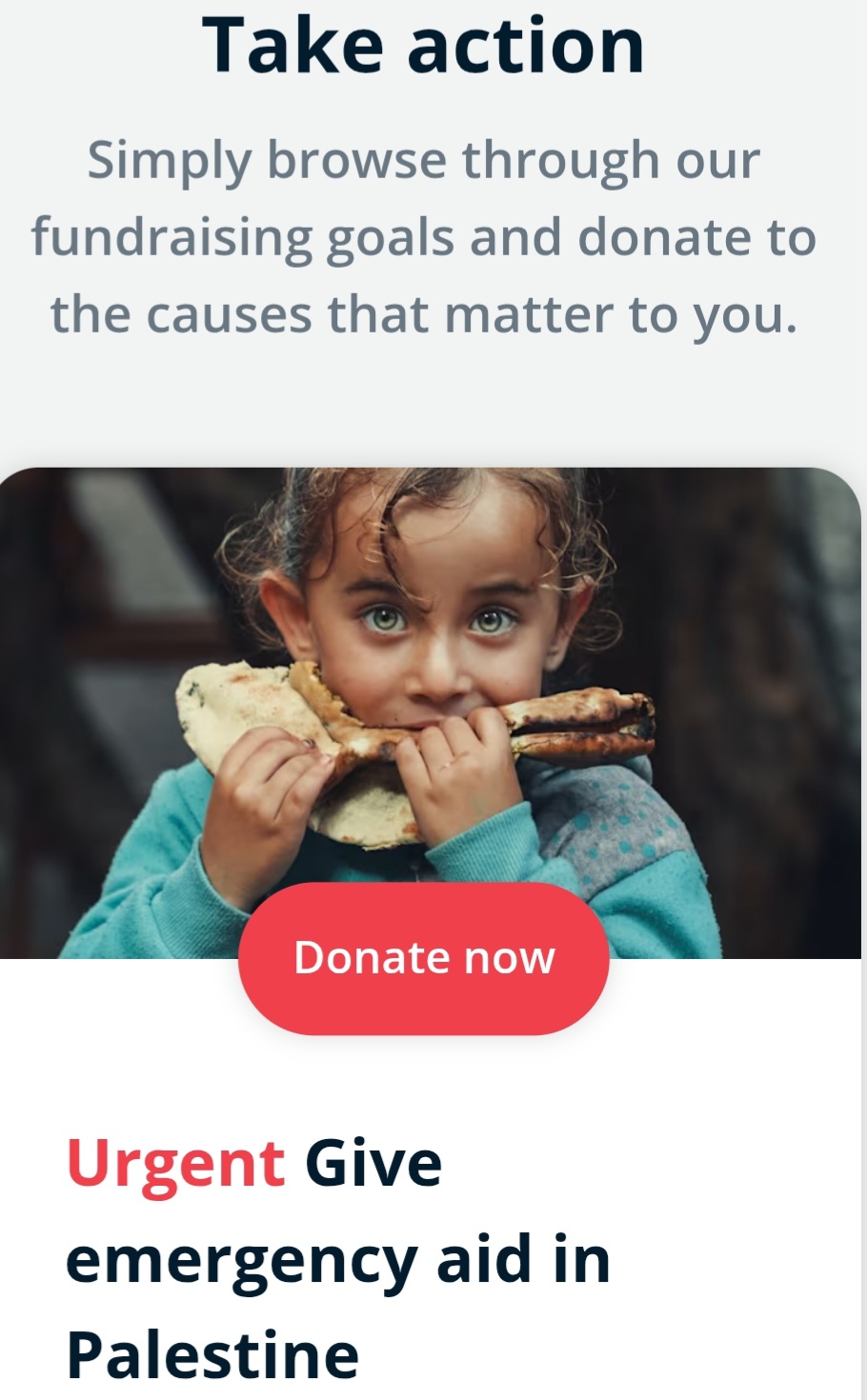Vootie Productions of Bozeman provides quality live music and event management to the Rocky Mountains and Southwestern Montana, having produced over 600 concerts, 45 festivals, and hundreds of private events in the time since its inception in the early nineties. Tom and Bridget Garnsey established Vootie in response to the lack of live music opportunities that existed at the time throughout the area. Raised on a steady diet of concerts and festivals, the pair concluded that if the Northern Rockies were ever to experience high quality live music, it was up to them to make it happen. Thus, Vootie was born. The Rolling Zone was recently able to sit down with Tom to discuss the local music climate and how our little hotbed of talent, arts, and live entertainment is primed to become an artist destination.
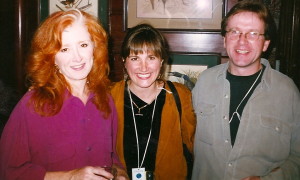
RZ: Hey Tom. How are you doing today?
TG: I’m doing great!
RZ: Tell us a little but about Vootie and what the production company does.
TG: It’s changed a lot. I’ve been here, producing music in Bozeman, in Montana, in thereabouts, for twenty-five years at this point. [I] started out producing small concerts at places, clubs [like] the Cat’s Paw and the Filling Station. It kind of morphed over the years. At one point we were doing 70, 80, 90 shows a year around Southwest Montana. It grew for a long time; it’s changed a whole bunch of different times. We started off doing little reggae/hippie shows at the Cat’s Paw. One thing led to another, and we started doing theater shows and [then] multiple theater shows where you could bring somebody like Alison Krauss or Taj Mahal to four different cities in this state. It just grew from there. I do a lot less straight ahead concerts in this town these days because the industry has changed a lot.
RZ: What’s changed and how have you had to adapt?
TG: It’s gotten tougher to make a living, there’s more competition, and there’s just a lot going on. Over the years, I’ve booked a lot of festivals–I booked Grand Targhee’s Bluegrass Festival for last twenty years, this year, and their second festival for the last eleven. I helped book Red Ants Pants for the first four years of that festival. What I end up doing a lot now [are] the two festivals at Targhee [and] I do a few shows. You kind of have to do everything. I do a lot of private dates for people, a lot in the Club, where people might want to bring in [people like] Shawn Colvin, Tom Petty, and James Taylor. [I do] a little bit of all of that, a little bit of playing music myself, and all of the above.
RZ: Very cool. Vootie started in the early nineties. What was the primary inspiration for starting this company?
TG: Well it was partly selfish. We didn’t really sit down and go, “Let’s start a music business.” I was paying music full time, I knew a lot of people on the road, [and] I helped another guy do a couple of things–a John Prine show and an Emmylou Harris show here in Bozeman. Then a guy called me and said “Hey, I’ve got this reggae band coming from Florida, but they’re going to the Calgary Folk Festival and I need a gig to help them get there.” At the time, nobody in Montana was bringing national acts to the state. It was too far from anywhere and it didn’t seem like it was a good market for people. We brought a band called Inner Circle to the Cat’s Paw–and at the time in the summer there was nobody here other than tourists on the way to Yellowstone–and six hundred people showed up. We kept doing that and eventually started reaching a little higher with theater shows. Lyle Lovett [and] Los Lobos were some of the first ones we brought here.
RZ: Were you surprised how receptive this area was to the incoming music at that time?
TG: We were ridiculously surprised. I just remember counting cash at my table at about 4 o’clock in the morning going, “Wow. We made a whole bunch of money.” A lot of what’s changed in the business, which makes it more difficult for everybody, is [that] the deal’s have gotten tougher, it’s more expensive for artists to tour for lots of reasons, and record companies have less money because of the internet [to support their artists]. There are really no record companies anymore unless you’re Adele. There’s no money there. Artists aren’t making money on records either. They’re making all their money on touring. It’s one of those things that just keeps snowballing–it becomes harder to tour, harder for [promoters] to pay for them, the ticket price goes up, and on and on and on. It’s just become a harder business to be in. And it’s all about passion. Unless you start with a million bucks, you can’t expect to make a bunch of money. You have to want to be in it. I don’t really know anything else at this point, except the music.
RZ: Other than the fans, where did you find the support for this wave of new music in the beginning of Vootie?
TG: A couple things happened. KGLT was here. KGLT is a huge resource for anyone who listens to music that’s outside of the mainstream. And we brought a lot of things that were out of the mainstream. We had the support of KGLT and Phil Charles–bless his heart, rest in peace. Kip Gilbert (another rest in peace) and his wife Joan started the Moose, KMMS, right at the time we were starting to do these shows. They wanted to be part of this music community, so they embraced whatever we were doing. There were two radio stations, and at the time, there were no cell phones, so a lot more music information came from radio. We were really lucky because we had two completely different radio stations, one commercial and one non-commercial, supporting everything we did. We had a great ten to twelve year stretch.
RZ: When did you start to feel the shift in the tide?
TG: In the early 2000s, it started to change. People hated cigarettes, so you saw the crowds–like at the Cat’s Paw–start to fall of. People got a little older, started having kids, and getting married. The same crowd wasn’t coming out for a lot of things. There was a lot of competition that started to come into the area. We just kind of burned out on doing that many shows a year. You put as much work into one that’s for a hundred people as you do a Fieldhouse show. The business is a huge risk–the higher you go, the bigger the risk. We did great on a lot of it, and some of them we did very poorly. We did a R.E.M. show in Missoula in 2003 and could have lost our shirts, our home, on that show which is absurd to me. The fact that it didn’t work, I’ll never understand why. But it didn’t. They were extraordinary gracious [considering the loss], and there are very few in the business that does that. We had a couple of other ones I won’t name that didn’t do that and we lost a bunch of money. It became like, “Wow. I’m not doing this to kill myself.” Since then, I backed off on the concert business.
RZ: No kidding. How do you decide on what you’ll think will be successful?
TG: I pick and choose. I do things with people I have good relationships with or that I know do great business. If it’s a great opportunity, we’ll do it. The world has changed when it comes to this business. Bozeman has never been graced with great venues. When we started, we had the Willson and the Cat’s Paw. I think we’re on the verge of a bunch of cool things happening, [but] until we get a 1500-seat performing arts center, a thousand-seat nightclub that’s classy and nice, or something on that level, we’ll continue to struggle.
RZ: Do you think a venue of that degree would bring out the masses?
TG: Absolutely. There is a huge arts, music, and entertainment market here. This community and the surrounding areas have always been hugely supportive of music and arts and performance. A lot of people my age–and I’m 55–don’t want to go to a crappy place to [see a show], even if it’s a great act. They don’t want to see something in a bar necessarily, or some place where they can’t see or have to stand up the whole night. There’s a whole segment of this Bozeman society that has disposable income to do those kinds of things–and would love to do those kinds of things–but there’s not a great place to go see them. If there was an Ale Works-type room that was also a venue, people would flock to it. I think these sort of jazz-type clubs in Seattle, places like the Triple Door, they’re really classy rooms with a beautiful view of the stage. You can have dinner, you can have drinks–it’s very civilized. Bozeman has yet to come up with that and it’s remarkable to me.
RZ: Have you noticed our town heading in that sort of direction?
TG: This place is exploding in a lot of ways, and it seems like it’ll be getting exponentially more explosive in the next few years. All of that brings more money, more entertainment, potential venues, and all those kinds of things. There are a lot of people looking at new places to [develop], whether they’re restaurants that promote music or venues that also serve food and drink. My band [Hooligans] played at MAP Brewing a couple of weeks ago. That’s a cool spot. It’s not really a music venue per se, but it’s a great place to go hear some music. This is smaller scale stuff. But the more places people have to do those things, happier everyone becomes. I think in five or six or ten years, there are going to be a lot more spaces for people to play.
RZ: And you’ll hope to continue to be a part of that?
TG: Sure. Like I said, I’m not as rabid about it as I once was, but one of the funnest things about this business is developing talent. We brought Dave Matthews Band to the Cat’s Paw. Not that we developed them, but in a certain area–like with a band like Widespread Panic–they started out at the Cat’s Paw in Bozeman, next time it was Emerson for two nights, next time it was the hockey rink out in Four Corners, next time it was the Fieldhouse, and you grow with those bands and it’s a cool thing to be part of. To some degree, it’s great to feel that you have an eye for the talent and the audience that will work in Bozeman. We’ve worked for a lot of years with people who have grown through the market–Wilco and people like that, who some of them are huge. Wilco played the Cat’s Paw. It’s fun to be a part of that.
RZ: Do you have any particular favorite memories or milestones from all you’ve done over the years?
TG: Oh God, there are a thousand of those. I could bore you for years with that stuff. Probably the proudest moment I have is bringing Bob Dylan to Montana for the first time ever. He had never been [here] in the year 2000. He did Missoula and Bozeman and he did two of the best shows I’ve ever seen him do. Just being part of that is…geez…
RZ: Revolutionary.
TG: Yeah. And a lot of those kinds of things. I’m a Grateful Dead fan from way back, I’ve been able to work with a bunch of those people. You know, a lot of my heroes, I’ve had dinner with. It’s a pretty special thing. There’s some great people in this business, [and] there’s some creepy people in this business. You figure out pretty quick who’s who.
RZ: Any last stories you’d like to share?
TG: There are a lot of spectacular moments. I did a private show in Cabo San Lucas with Tom Petty and the Heartbreakers. That was extraordinary. Sixty people.
RZ: Exclusive.
TG: Those are fun to pull off–just to be in a room with these people. I’ve gotten to play a lot of music with these people too, which is always a treat.
RZ: What would you like to say to the people of Bozeman and Southwestern Montana?
TG: I encourage people to go support live music and the arts whenever they possibly can. And if there’s something we can do to inspire people to build the proper venues in this town, be supportive.
RZ: If we build it, they will come.
TG: I think they will–I think they’re already here!
Vootie Productions will next present Railroad Earth on Friday, February 19th beginning at 8pm at the Emerson Center for the Arts & Culture. They can jam with the best of them, but they’re not a jam band. They’re bluegrass influenced, but they use drums and amplifiers–somewhat taboo in the bluegrass world. What kind of music is it then? Mandolin/vocalist John Skehan offers this semi-descriptive term, “I always describe it as a string band, but an amplified string band with drums.” Tim Carbone takes a swing with, “We’re a Country & Eastern band!” Todd Sheaffer offers, “A souped-up string band? I don’t know. I’m not good at this.” Or, as a great drummer/singer/mandolin player with an appreciation for Americana once said: “Rock & roll!” Tickets to this show are $30 plus fees in advance and are on sale online and in store at Cactus Records in Bozeman. Visit vootie.com/ for more information.

